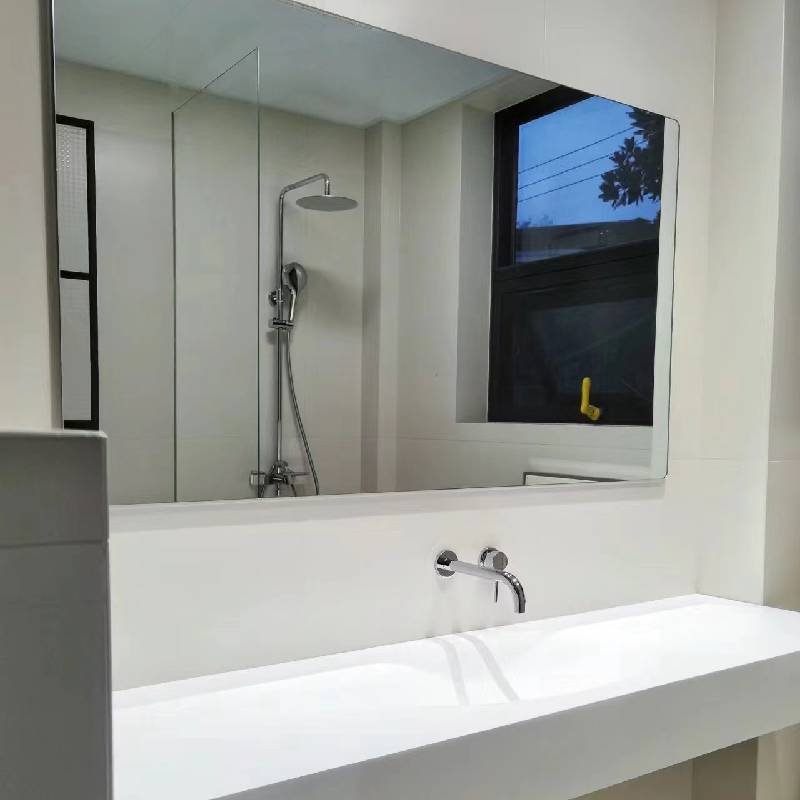

The Benefits of Solar Control Low-E Glass
In today's world, energy efficiency and sustainability have become paramount concerns for architects, builders, and homeowners alike. One of the key innovations catering to these demands is solar control low-emissivity (Low-E) glass. This advanced glazing technology plays a pivotal role in regulating temperature, enhancing energy performance, and providing comfort within buildings.
Understanding Low-E Glass
Low-E glass is coated with a thin layer of metallic oxides that reflects infrared energy while allowing visible light to pass through. This coating substantially reduces the amount of radiant heat that enters a building, making it particularly beneficial in both residential and commercial applications. Solar control Low-E glass is specifically designed to manage solar heat gain, which is essential in regions that experience high temperatures and intense sunlight.
Energy Efficiency
One of the most significant advantages of solar control Low-E glass is its contribution to energy efficiency. By minimizing heat transfer, it allows buildings to maintain a stable indoor climate without excessive reliance on heating and cooling systems. This translates into lower energy bills and a reduced carbon footprint, making it an attractive option for eco-conscious consumers. According to studies, buildings equipped with low-E glass can achieve energy savings of up to 30-50% compared to those with traditional glazing.
Comfort and Aesthetics
In addition to energy efficiency, solar control Low-E glass enhances indoor comfort. It reduces glare caused by direct sunlight, allowing occupants to enjoy natural light without the discomfort of excessive brightness. This feature is particularly advantageous in workspaces, where prolonged exposure to glare can lead to eye strain and decreased productivity. Furthermore, solar control Low-E glass can help maintain a more consistent indoor temperature, ensuring that spaces are neither too hot in the summer nor too cold in the winter.

Aesthetic appeal is another benefit of using solar control Low-E glass. Available in various tints and finishes, it can complement modern architectural designs while promoting a sleek, contemporary look. The ability to allow natural light into spaces without compromising on temperature control means that designers can create brighter, more inviting interiors.
UV Protection
Another essential benefit of solar control Low-E glass is its ability to block harmful ultraviolet (UV) rays. Prolonged exposure to UV rays can cause fading of furnishings, artwork, and flooring materials. By significantly reducing UV transmission, Low-E glass helps preserve the integrity and appearance of interior spaces, protecting valuable assets from sun damage.
Environmental Impact
The integration of solar control Low-E glass in building design aligns with global sustainability efforts. By reducing energy consumption, buildings can contribute to lower greenhouse gas emissions, making them more environmentally friendly. Additionally, the materials used in the production of Low-E glass are often recyclable, further minimizing their environmental footprint.
Conclusion
In conclusion, solar control low-emissivity glass stands out as a remarkable solution for energy-efficient building design. By effectively managing solar heat gain, providing UV protection, enhancing indoor comfort, and offering aesthetic flexibility, this glazing technology is becoming a staple in modern construction. As we continue to prioritize sustainability and energy efficiency, the adoption of solar control Low-E glass will likely increase, paving the way for a greener and more comfortable future. Building owners, architects, and developers would be wise to consider this innovative solution in their projects, ensuring they stay ahead in an ever-evolving industry focused on environmental responsibility.